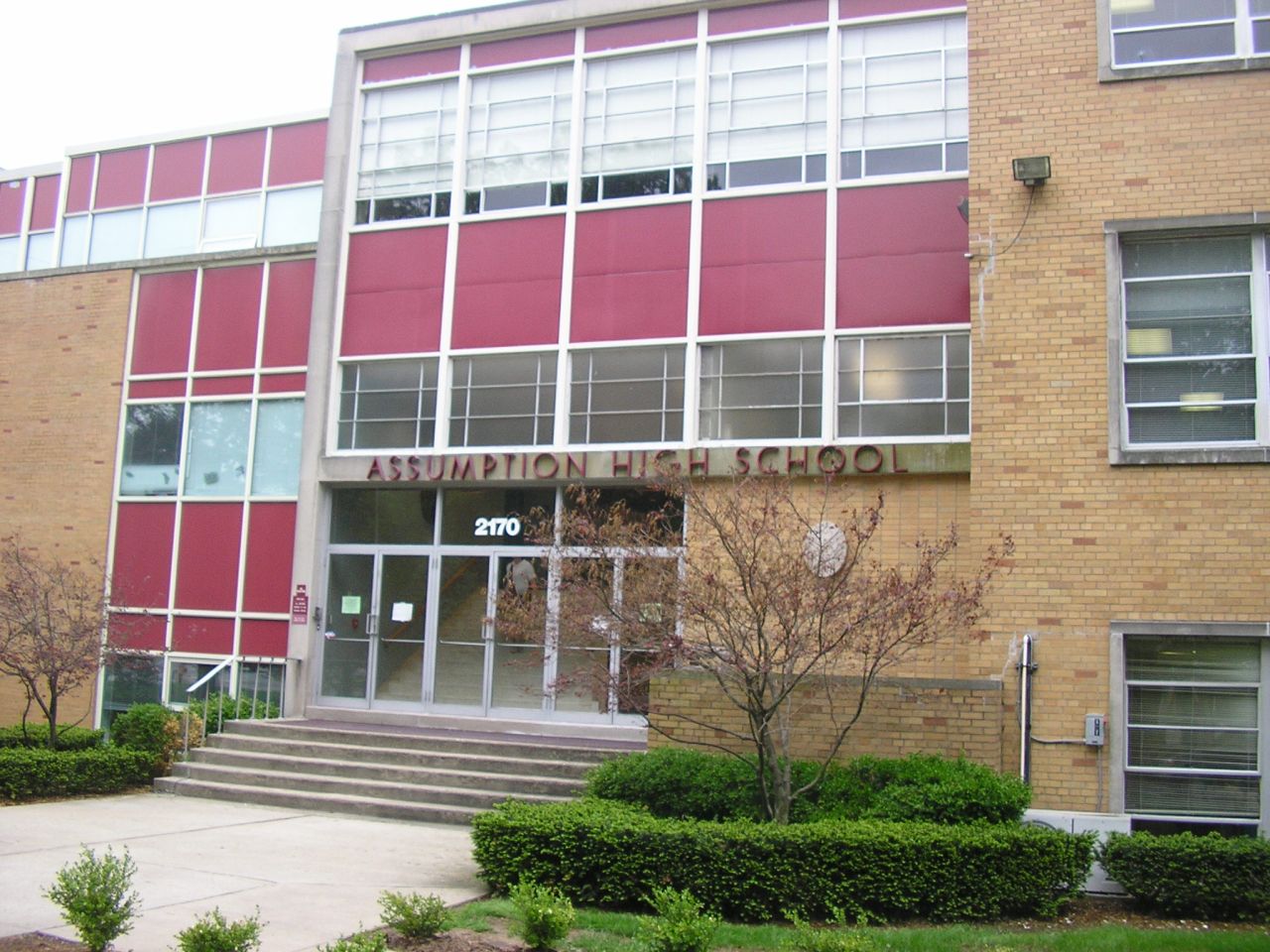Long gone are the days of filling your small child’s backpack with crisp notebooks, new crayons, and a pencil box full of glue sticks.

All parents strive to give their children the best education possible. They want to see their child grow up to be successful and happy.
Now, while it is impossible to shield your child from the world’s inevitable struggles, it is possible to place them in a high school that will challenge them in a way that will encourage them to be successful in the future.
But with so many different types of high schools out there, how do you know which is the right fit for your child?
Today we are going to look at the different high schools your child can attend so that you can make an informed decision as the next milestone in your child’s life approaches.
Public Schools
These free institutions are backed by local, state, and federal government funding and are available to every child. They consist of elementary, middle, and high school aged students. Locally elected school boards have jurisdiction over school districts and set the curriculum, funding, and teaching policies.
Charter Schools
Independently owned and operated, charter schools are a type of public school started by parents, teachers, and for-profit companies. They receive tax dollars and private funding to stay open and do not charge a tuition. School boards and government officials have no jurisdiction over charter schools though there are basic curriculum requirements they must meet.
Charter schools have more specializations than a traditional public school and typically target gifted students. They are usually for students in middle and high school.
Magnet Schools
These free public schools are highly competitive and have specializations, typically in the field of science, math, or art. Many times magnet schools are part of a public high school. However, to enter the magnet program, your child will have to apply and undergo rigorous testing before being accepted.
Private School
Private schools, even at the high school level, rely on tuition paid by the students and non-public sources such as religious organizations. Your child must apply and be accepted to attend. Private schools may be co-ed or single sex.
Other types of private schools include:
- Independent Schools. Private, non-profit schools that are governed by a board of trustees and are typically more exclusive.
- Parochial Schools. Church-related schools that are usually associated with the Catholic Church. These make up the majority of private schools in the United States.
- Proprietary Schools. For-profit private schools that do not have a board of trustees or any elected officials leaving them more flexibility when it comes to curriculum.
Boarding School
Boarding schools are considered pre-university schools and involve students moving on campus to attend, much like one would in a college dorm. They are sometimes referred to as private, independent schools.
There are many types of boarding schools. One of the most popular to attend is a performing arts boarding high school. Dedicated to subjects such as theater, film, vocals, and instrumentals, a performing arts boarding school is the perfect opportunity for your child to get an extremely personalized education.
Boarding schools offer a full range of activities and personal enrichment opportunities for bettering themselves as individuals.
In addition, they offer your child things such as high quality teachers, peer motivation and teamwork skills, college preparation, challenging curriculums, and the life skills to succeed beyond college.
In the end, there are many types of high schools available for your child when the time comes. If you are looking for the perfect high school, research these types and see which one meets your child’s needs.